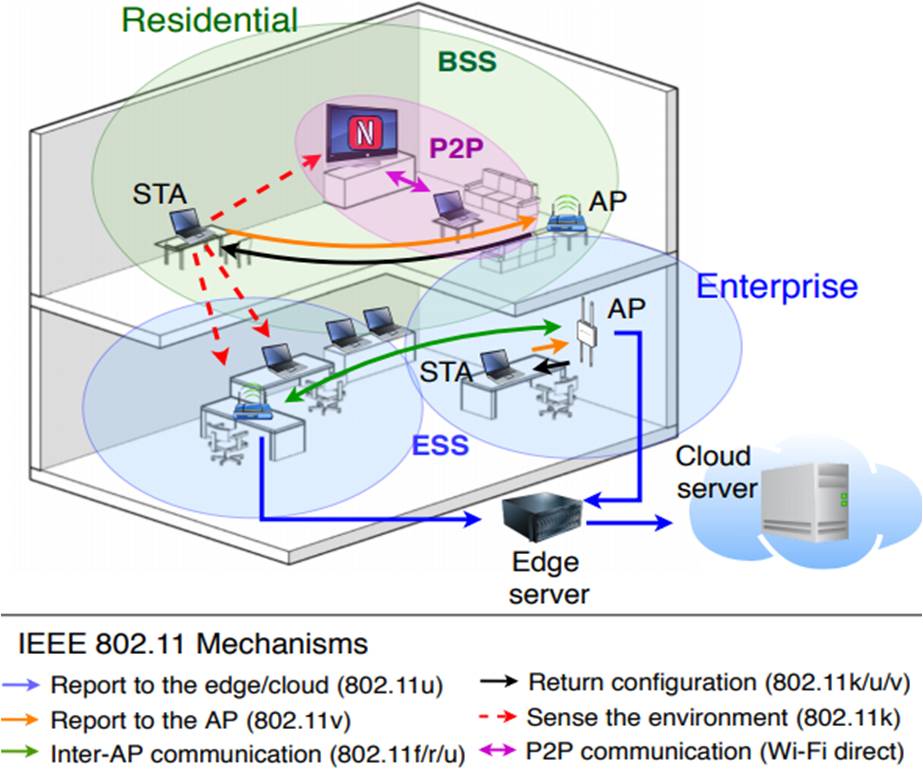A pioneering study into the description of the architecture of a new standard for telecommunications networks of the future
A pioneering study into the description of the architecture of a new standard for telecommunications networks of the future
Presented by members of the Wireless Networking and AI&ML research groups, led by the researchers Boris Bellalta and Anders Jonsson at the Department of Information and Communication Technologies, conducted with funding from the agency StandICT within a European Union Horizon 2020 project, published in the IEEE Communications Magazine.

The International Telecommunication Union (ITU) is a United Nations Organization agency commissioned to regulate international telecommunications between different operating administrations and businesses. Pursuant to specific recommendations by this organization, on 1 July, standard Y.3172, an architecture for machine learning in future networks (5G and beyond), was approved for telecommunications networks. This new standard defines a logical network architecture that has been designed to include machine learning mechanisms intrinsically.
The agency StandICT.eu, which promotes the participation and contribution by academics to single digital market standards, such as 5G, cloud computing, cybersecurity, big data and IoT, granted members of the UPF Department of Information and Communication Technologies (DTIC) a “Short Term” grant, thanks to which they have been involved in three meetings of the ITU’s Focus Group on Machine Learning for Future Networks including 5G (FG-ML5G).
With this grant, the Wireless Networking and AI&ML research groups, led by Boris Bellalta and Anders Jonsson at the UPF DTIC, respectively, have studied how the application of machine learning can lead to a number of use cases that require transmissions of between 10 and 20 Gbps capacity, support large numbers of devices (1M/km2) or reduce latency to less than 5ms, with an error rate of less than 0.00001.
The research results were published by Francesc Wilhelmi, Sergio Barrachina, Boris Bellalta, Cristina Cano, Anders Jonsson, and Vishnu Ram in the IEEE Communications Magazine on 18 March. Their study also includes a use case that involves the association of users in dense networks using deep learning (i.e., neural networks). Thanks to the application of such techniques, it is possible to learn a series of complex patterns that current mechanisms cannot handle, as could be network load, interference received, or the status of each device.
Reference work:
Francesc Wilhelmi, Sergio Barrachina-Munoz, Boris Bellalta, Cristina Cano, Anders Jonsson, Vishnu Ram (2020), “A Flexible MachineLearning-Aware Architecture for Future WLANs”, l’IEEE Communications Magazine (Data Science and Artificial Intelligence for Communications Series), Vol: 58 , 3 , 18 de març, DOI: 10.1109/MCOM.001.1900637.



